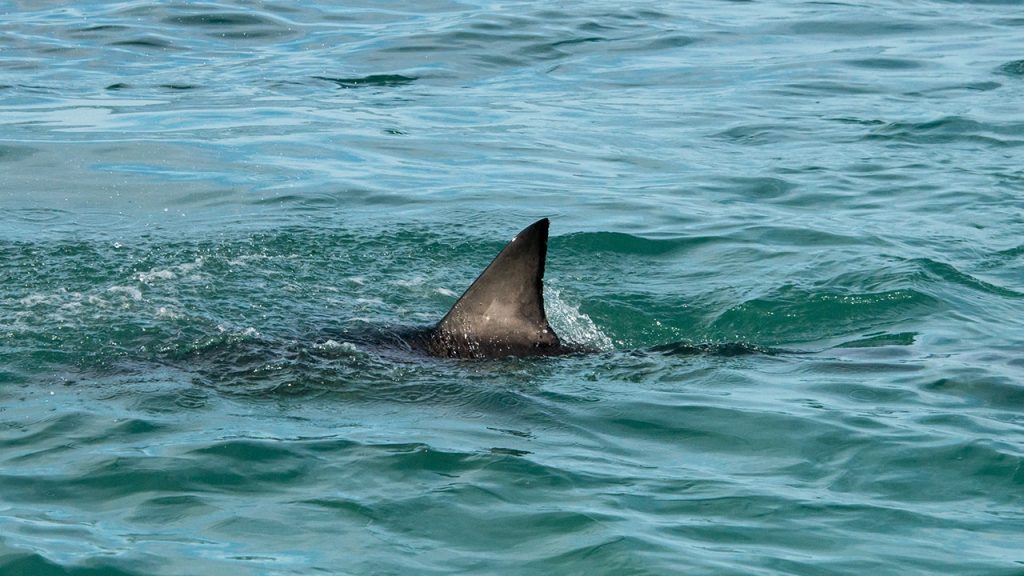A 65-year-old man was bitten by a shark while spearfishing off the coast of Charleston, South Carolina. The incident occurred about 20 miles off the Charleston coast while the victim was on a 28-foot boat. A passenger on the boat applied a tourniquet to stop the bleeding until Coast Guardsmen arrived to assist. The Charleston Harbor Marine Police responded to the boat, assessed the man’s injuries, and directed them to head into the Charleston Harbor to meet EMS at Tad Street next to Coast Guard Station Charleston. EMS transported the man to the Medical University of South Carolina for further treatment, and his condition remains unclear as of Friday night.
The death of a South Carolina pastor’s wife is currently under investigation, with her family warning of ‘false stories’. The circumstances surrounding her death are being looked into to determine the cause. This unrelated event sheds light on the potential dangers and risks that individuals may face while out at sea, whether it be from marine wildlife or other unforeseen circumstances. It serves as a reminder for individuals to stay vigilant and prepared while partaking in activities on the open water to ensure their safety and well-being.
The quick response and actions taken by the passenger on the boat and the Coast Guardsmen likely helped to prevent further injury and potentially saved the man’s life. Their ability to act swiftly in applying a tourniquet and seeking assistance from authorities demonstrates the importance of being prepared for emergencies while out at sea. The prompt arrival of the Charleston Harbor Marine Police also ensured that the man’s injuries were assessed and that necessary measures were taken to transport him to a medical facility for further treatment.
The role of emergency response teams, such as EMS and the Coast Guard, in providing assistance and medical care to individuals in distress at sea is crucial in ensuring the safety and well-being of those involved in maritime incidents. Their quick and efficient actions in this situation helped to stabilize the man’s condition and transport him to a medical facility for further treatment. This incident highlights the importance of having trained professionals available to respond to emergencies at sea and the impact their actions can have on saving lives and preventing further harm.
The man’s current condition remains unclear, leaving friends, family, and the public uncertain about his well-being. The injuries sustained from a shark bite can vary in severity, depending on the circumstances surrounding the incident. The victim will likely undergo further evaluation and treatment at the Medical University of South Carolina to address any potential complications or long-term effects from the attack. As updates on his condition become available, it will provide insight into his recovery process and the extent of his injuries.
Overall, this incident serves as a reminder of the potential risks and dangers that individuals may encounter while engaging in activities at sea, such as spearfishing. It also highlights the importance of emergency preparedness, quick response, and the role of emergency response teams in ensuring the safety and well-being of individuals involved in maritime incidents. By staying informed, vigilant, and prepared while out at sea, individuals can help mitigate risks and enhance their safety while enjoying water-related activities.


